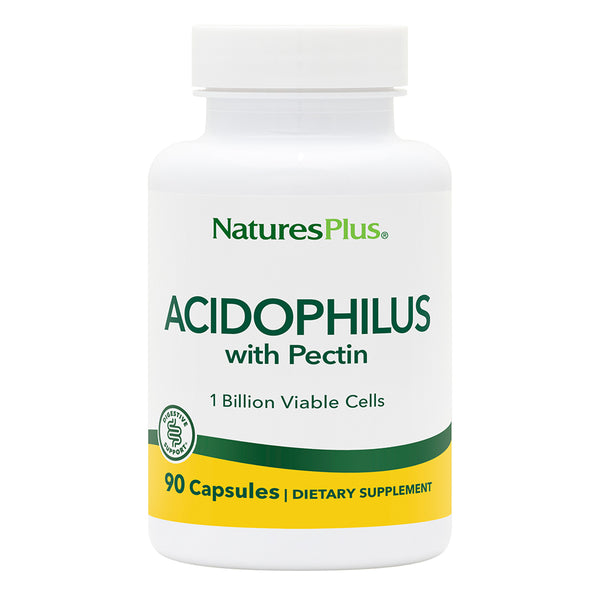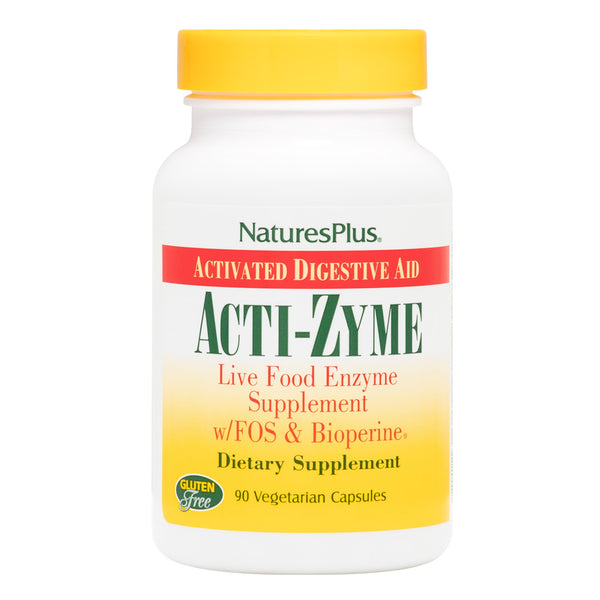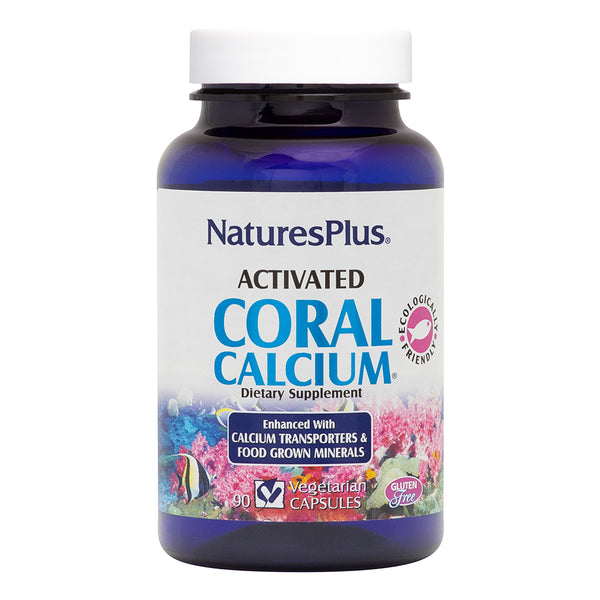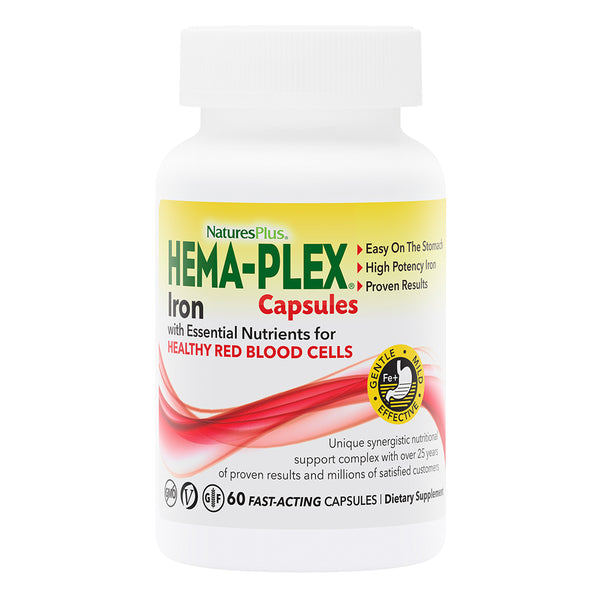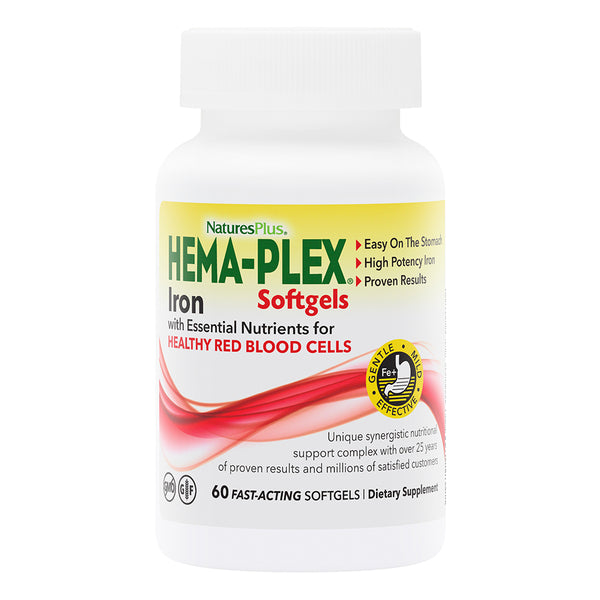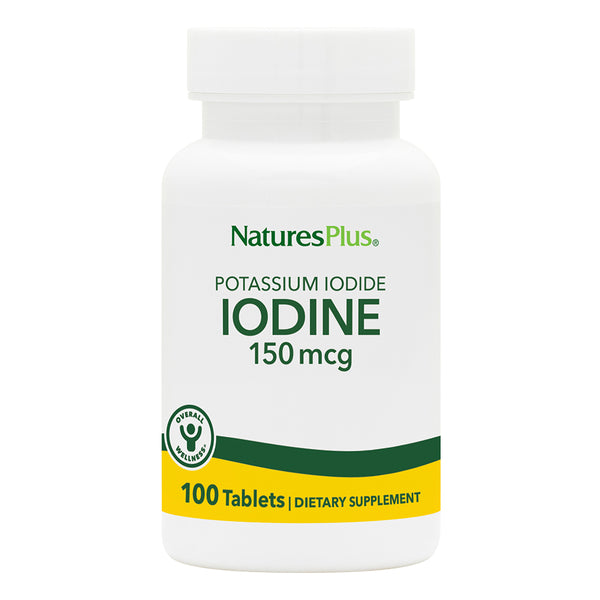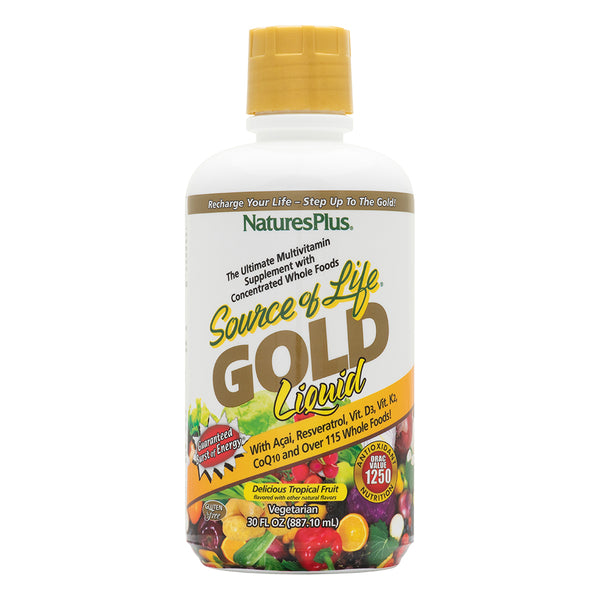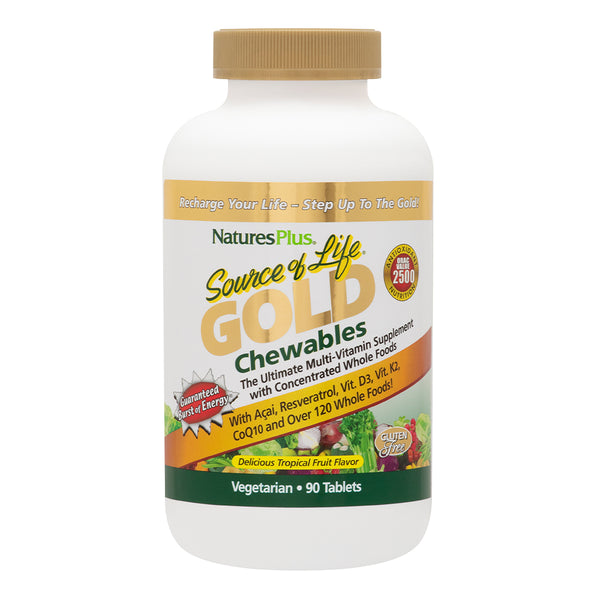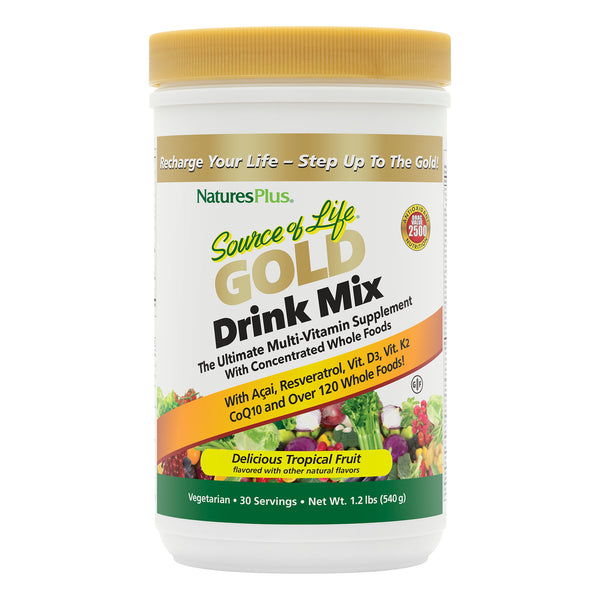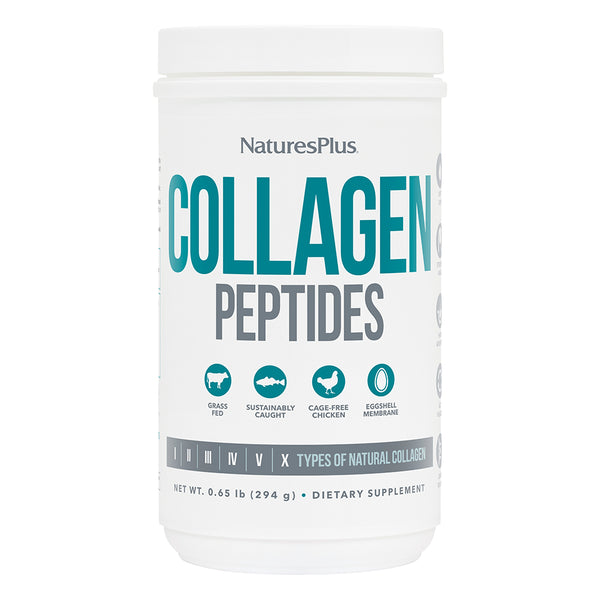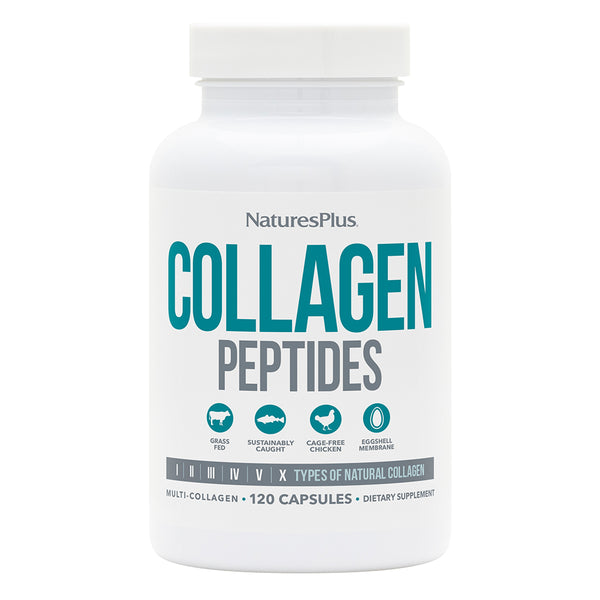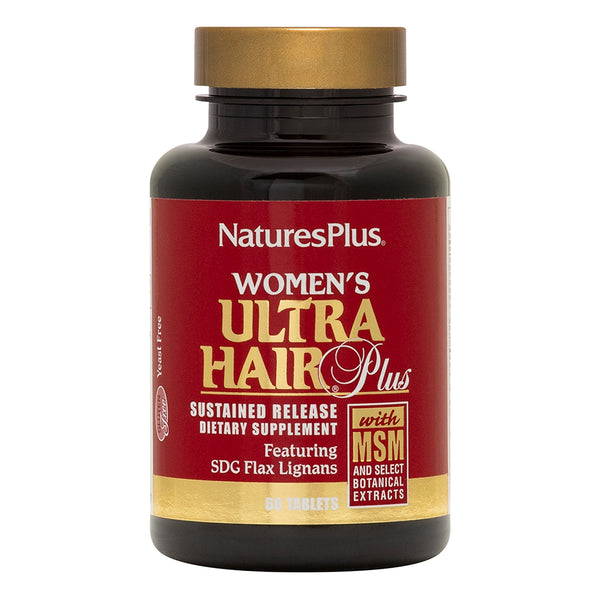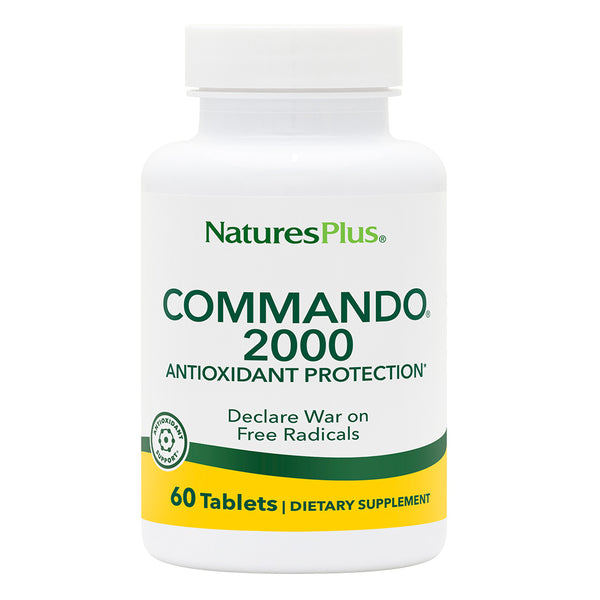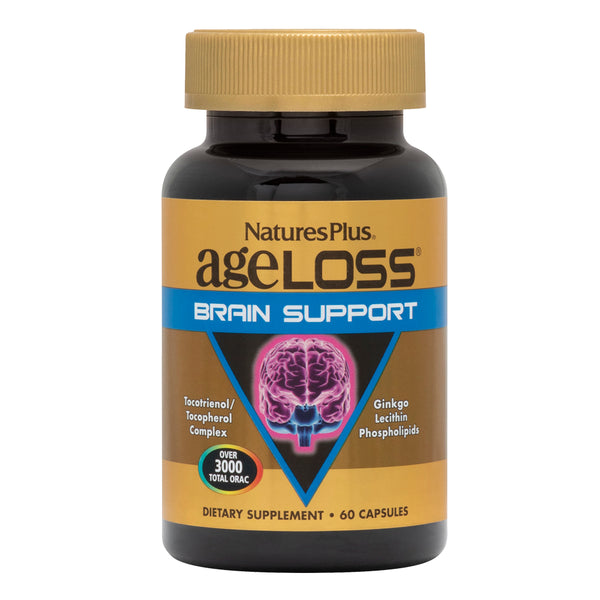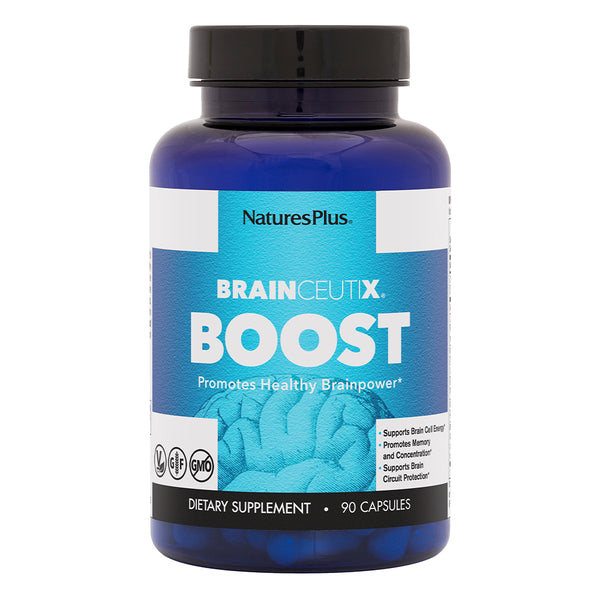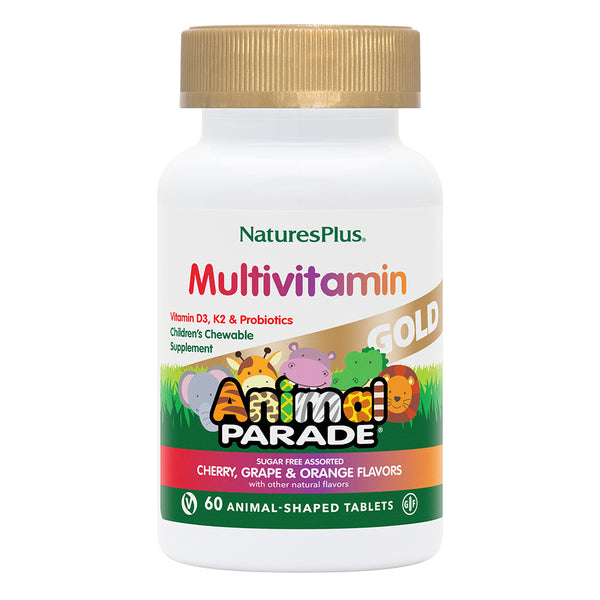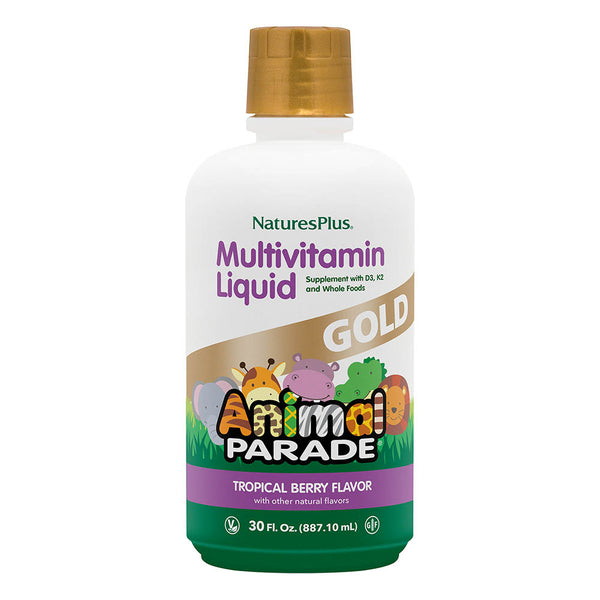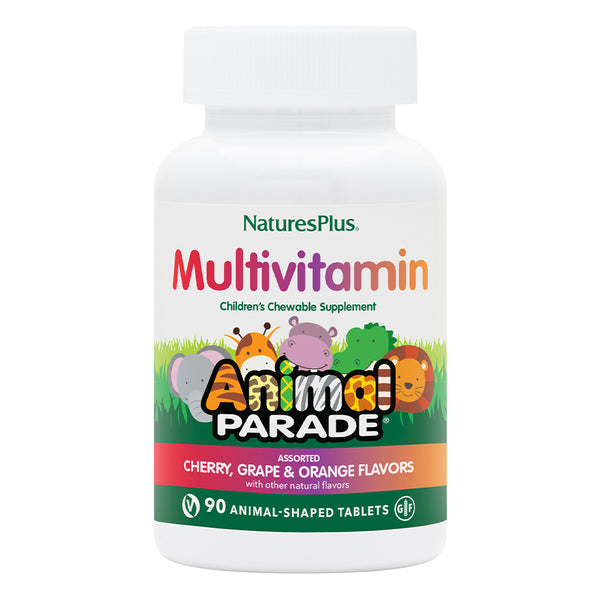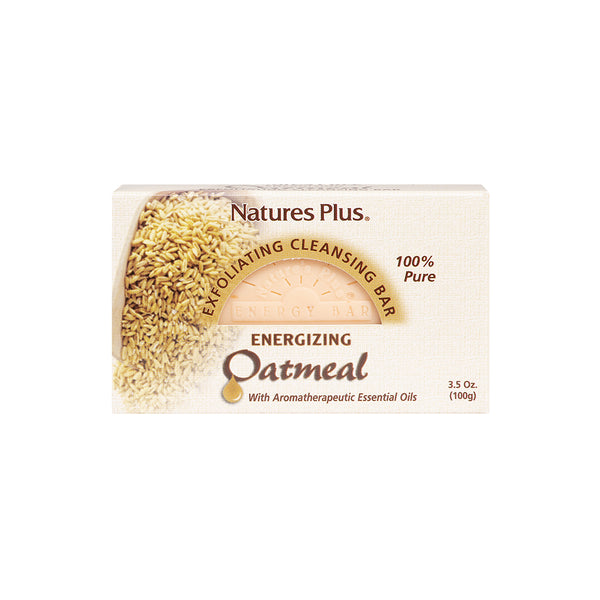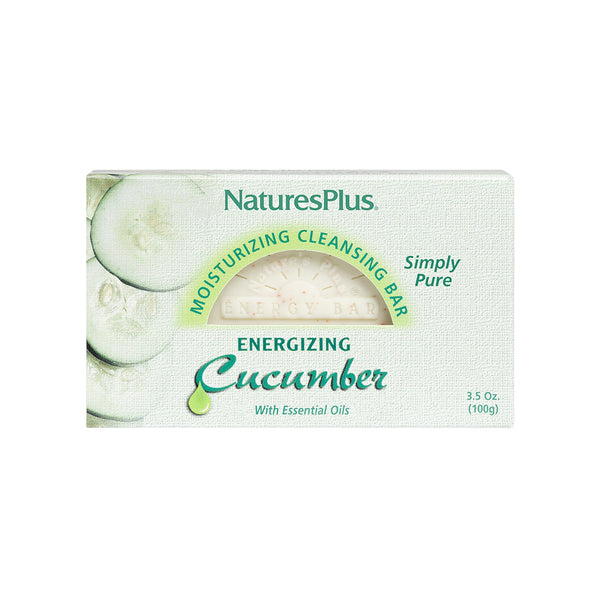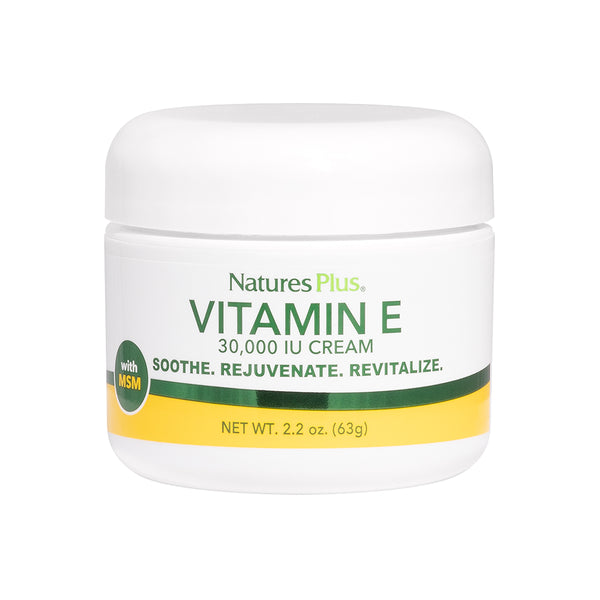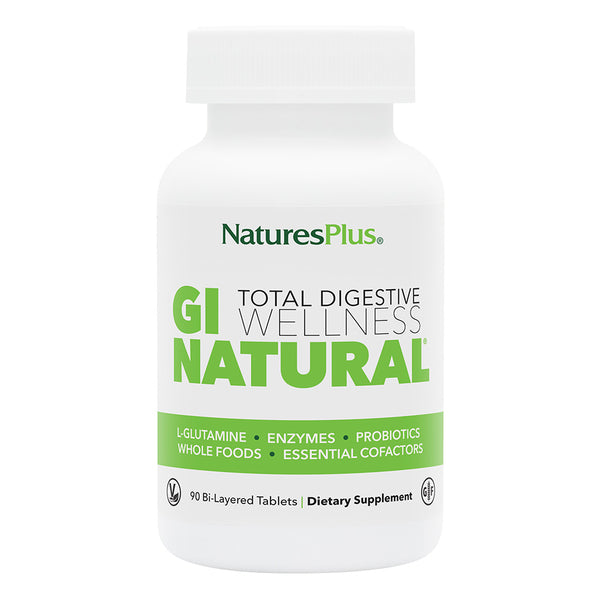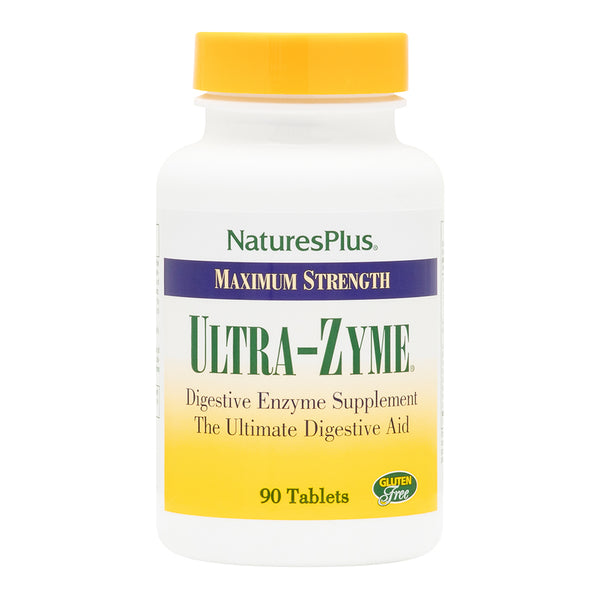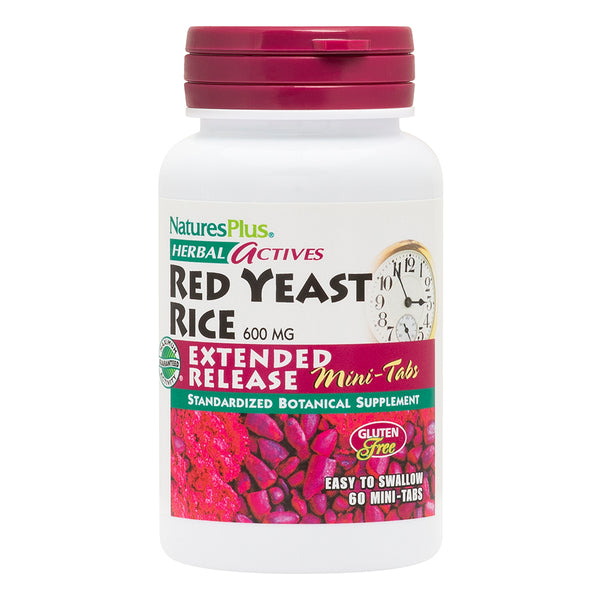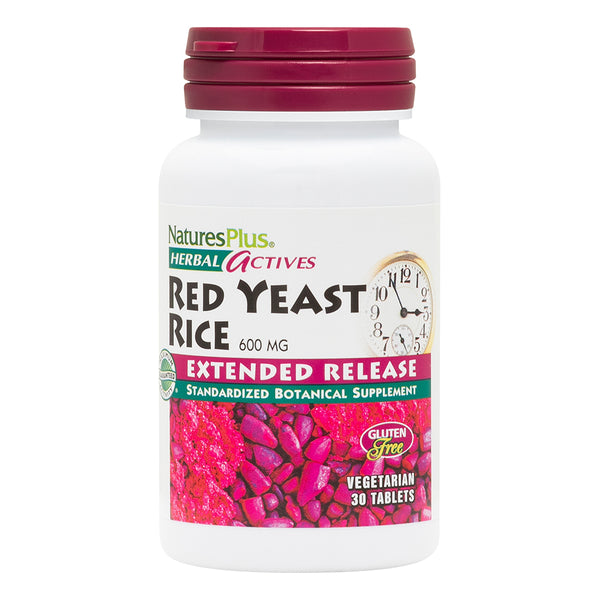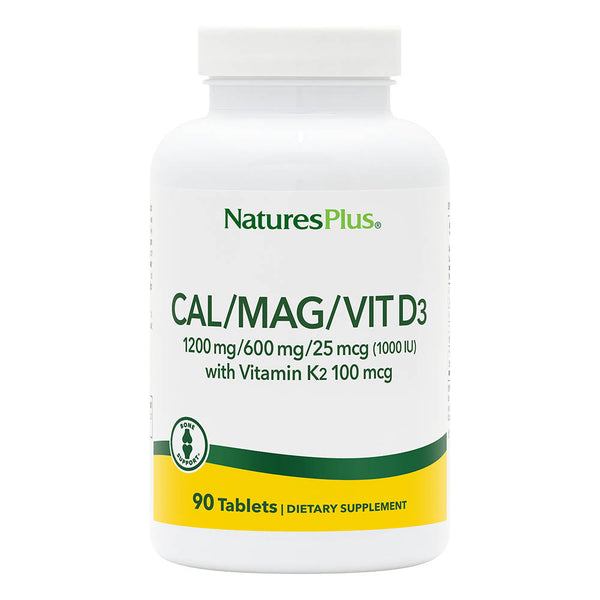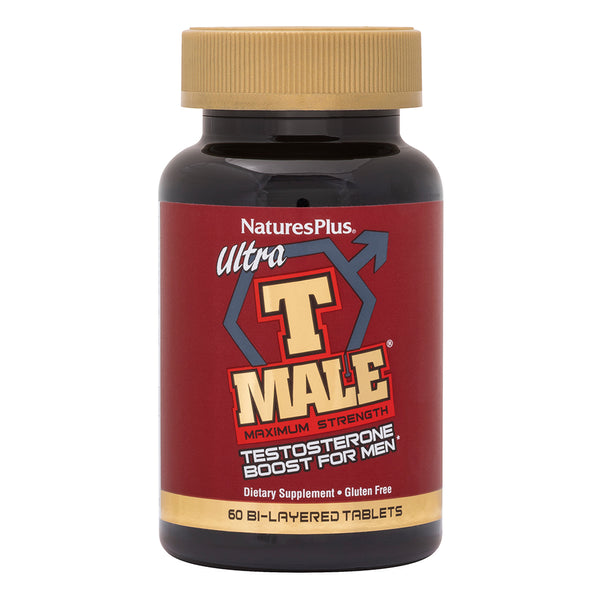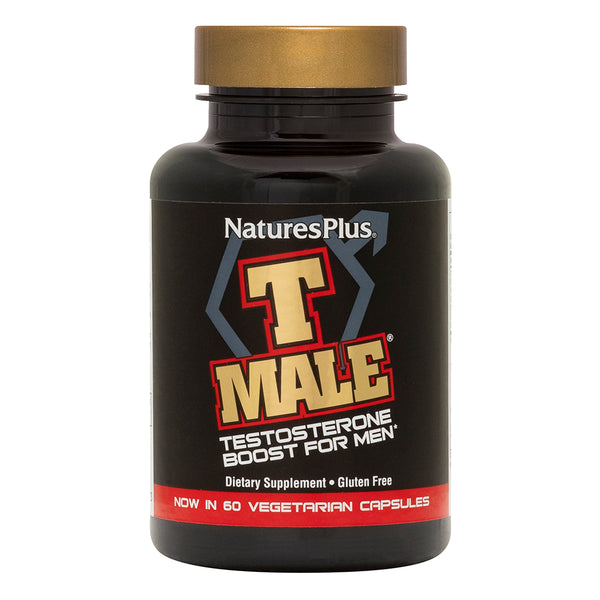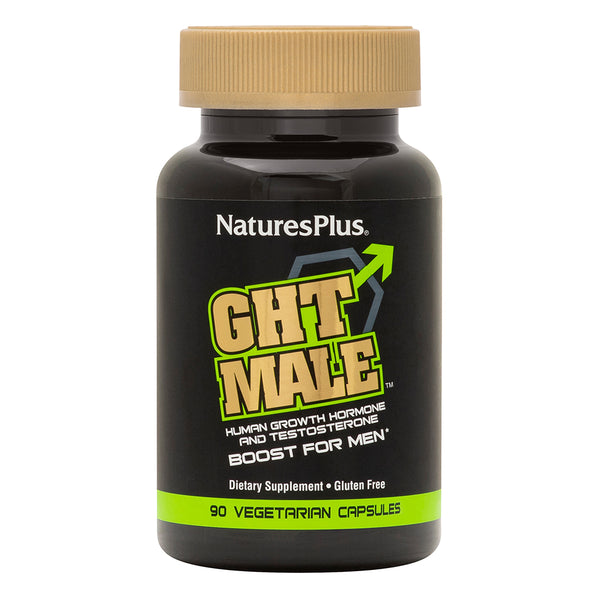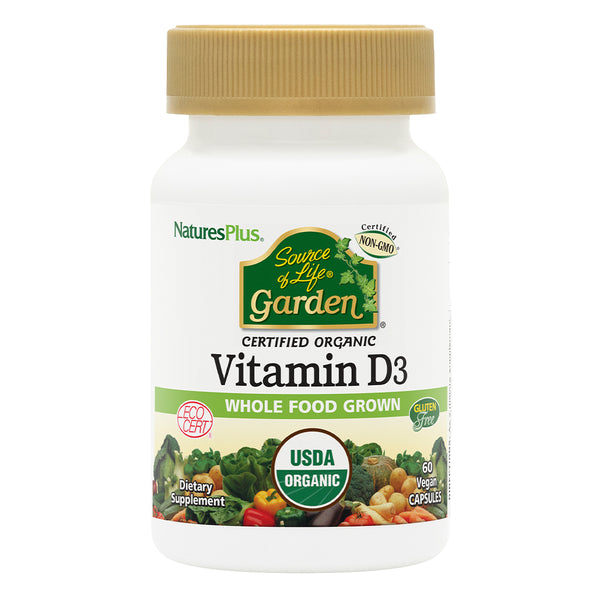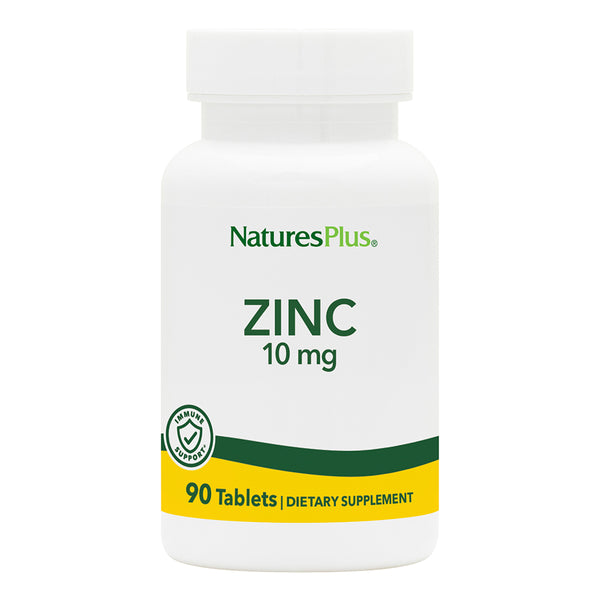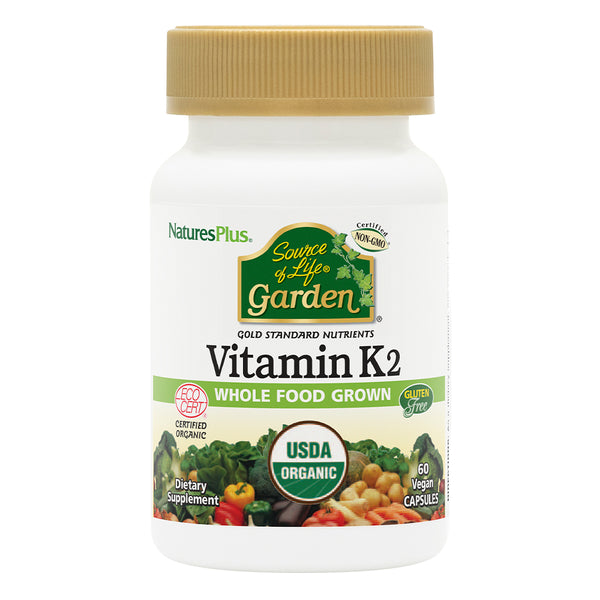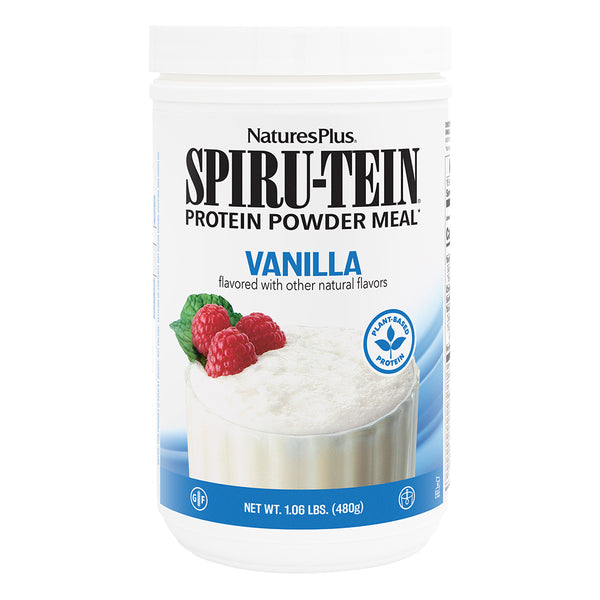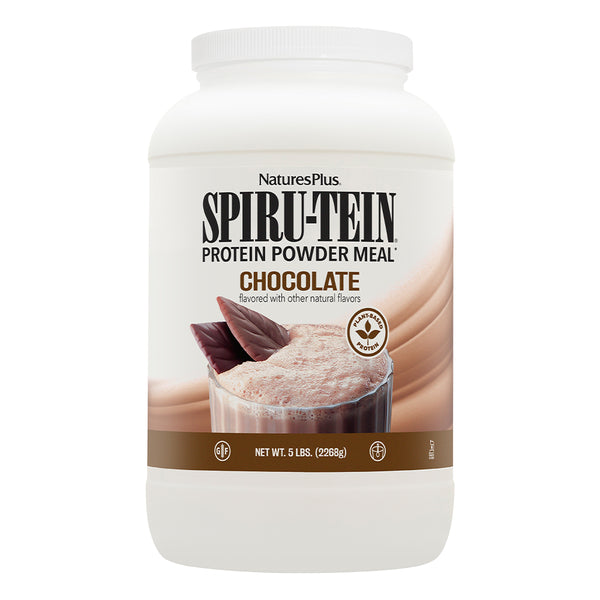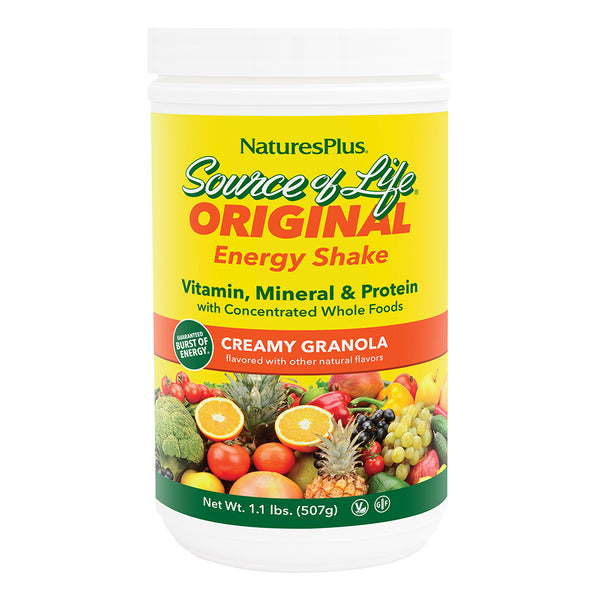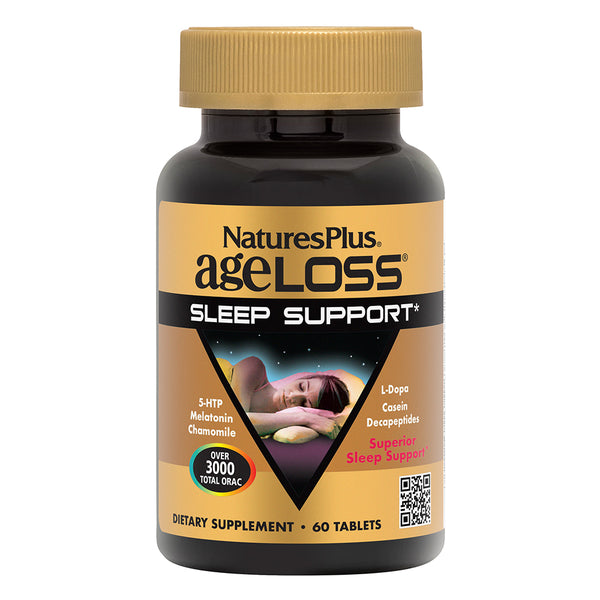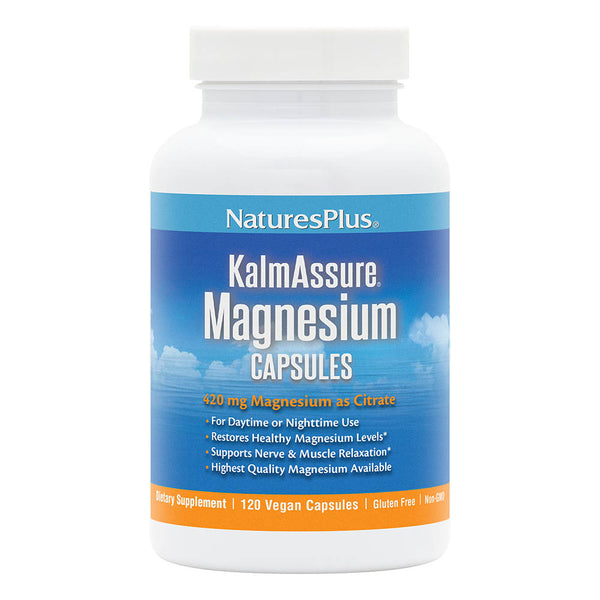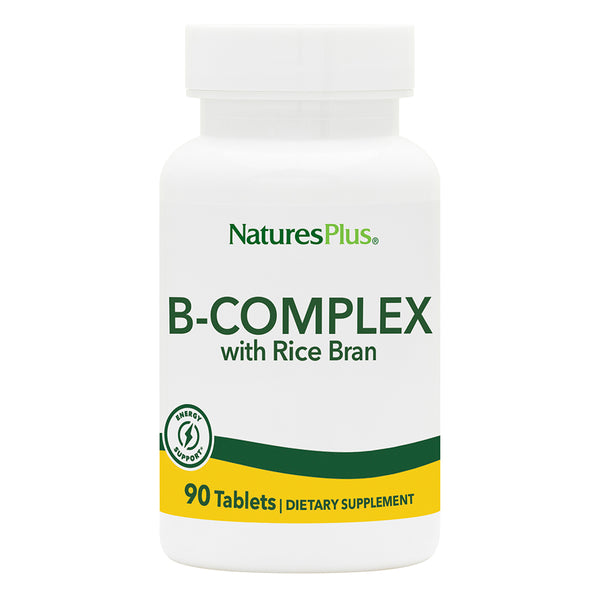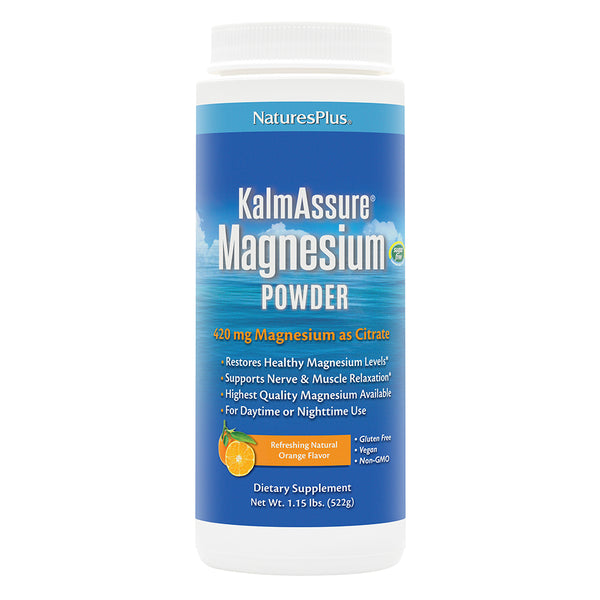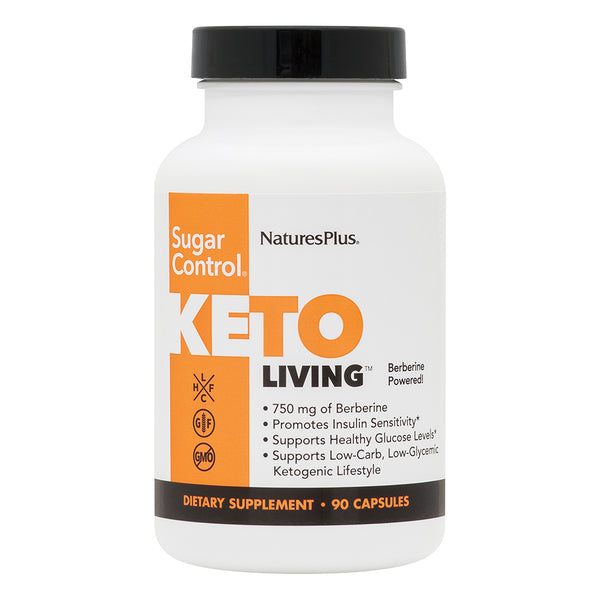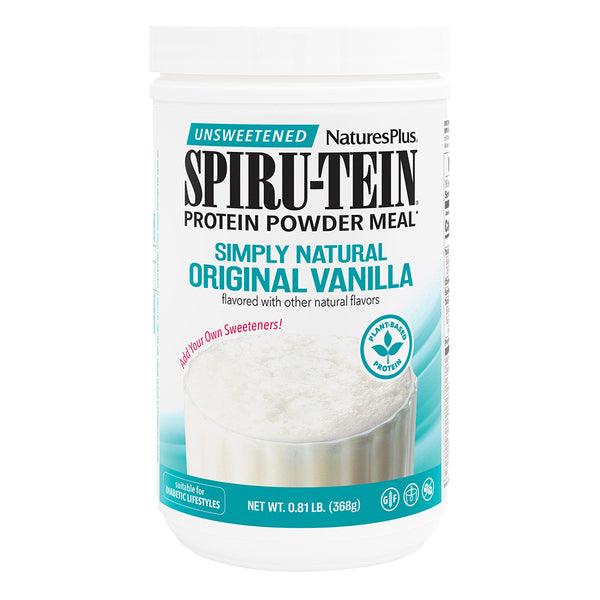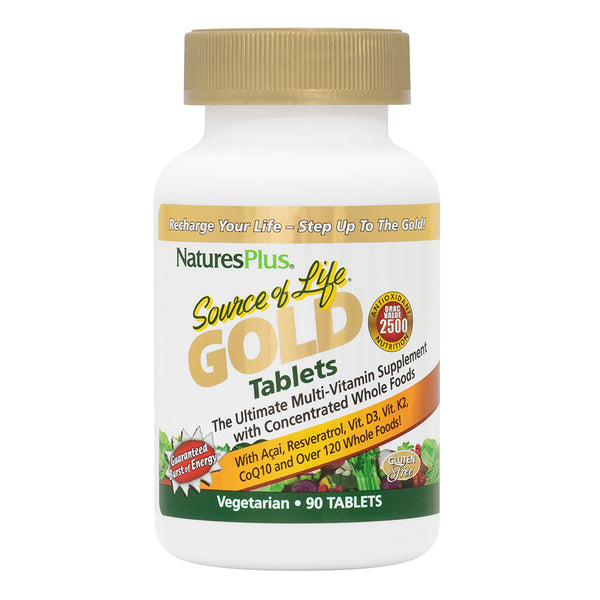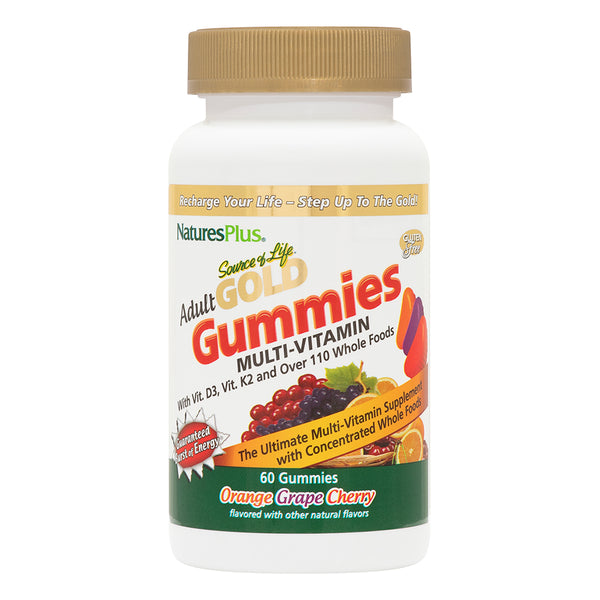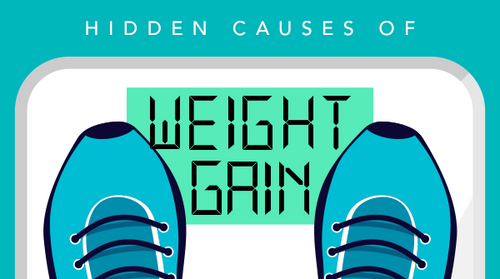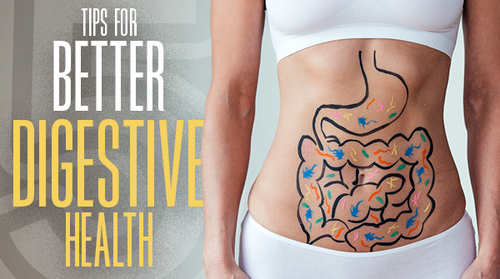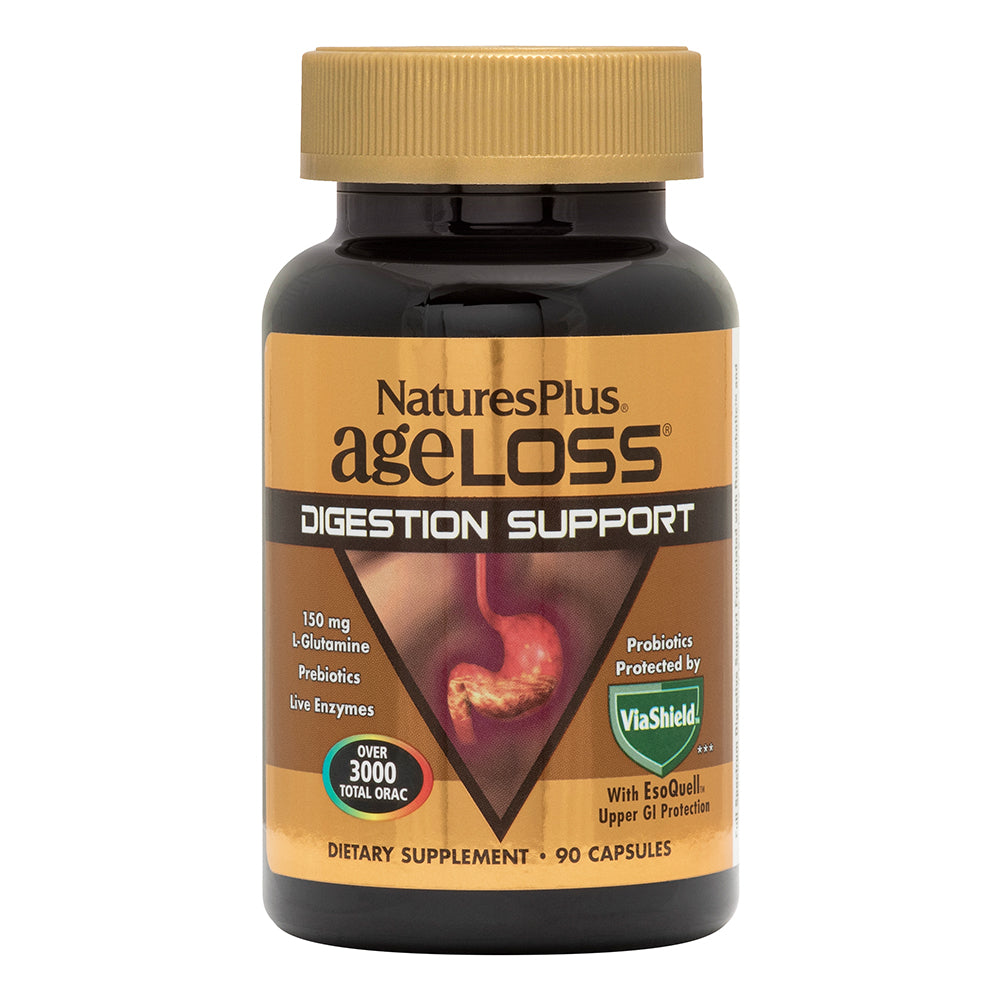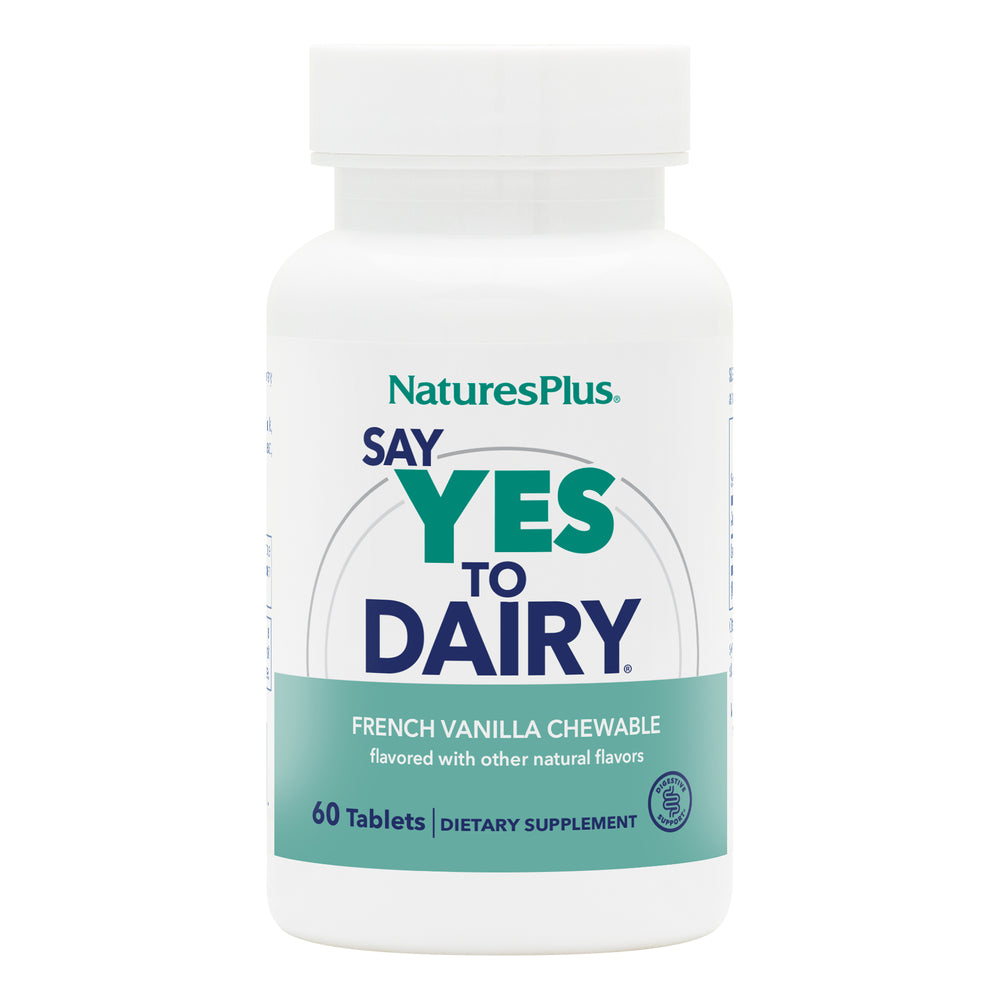Cookouts, vacations, trips to the beach: If you’re enjoying a busy summer, the last thing you need is digestive trouble.
Thing is, high heat and humidity can lead to gastrointestinal issues for any number of reasons.
“Some common occurrences that may impact your regular digestive patterns are things like food left out at events that may have gone bad, dehydration and overexertion,” says the Canadian Digestive Health Foundation (CDHF).
Here are five ways to help keep your digestive system happy and healthy this summer.
Avoid Dehydration
Perspiring in hot weather does help cool you down. Unfortunately, it can also lead to significant water loss—sometimes without you being entirely aware of it at first.
“One great way to avoid dehydration is to drink water at a moderate pace, even if you don’t feel thirsty,” advises Gastroenterology Consultants of San Antonio. “Waiting until you are thirsty may lead you to chug water and end up bloated.”
If you find plain water kind of blah, try flavoring it with fruit or cucumber. Or drink sparkling water, which is as hydrating as the plain variety.
Eat Slower
Do you tend to buzz your way through meals? You may want to do your digestive system a favor by slowing down at the dinner table.
In warm weather, your body is using a lot of energy to lower your internal thermostat; that energy “is diverted from doing other things, like digestion,” explains the CDHF. “So eating slower gives your digestive system time to keep up with you.”
The group adds, “Eating too quickly also increases the probability that you’ll swallow a great gulp of air with each bite, which leads to bloating. “
To moderate your eating pace, try cutting your food into smaller pieces and chew each bite thoroughly. You can also try a technique called mindful eating.
Handle Food Safely
Everybody loves a good cookout, but meats and dairy foods left out too long in the heat can create a serious hazard.
To enjoy an outdoor meal safely, the Food and Drug Administration recommends the following:
- Keep food in the fridge as long as possible. Cold food should be stored at 40° or below.
- If going on a picnic, consider packing beverages in one cooler and perishable foods in another—this way the perishables aren’t constantly exposed to warm air.
- Rinse fresh fruits and vegetables (including those with an inedible skin) under running tap water and dry with a clean cloth or paper towel.
- Keep raw meat, poultry and seafood away from cooked food or raw produce.
- Use one set of platters and cutting boards for raw animal-based foods and another for everything else.
- Marinate foods in the refrigerator (never on the kitchen counter or outdoors) and don’t baste with marinade unless you’ve boiled it first.
- If partially cooking food before finishing on the grill, get it on the hot grate immediately.
Eat More Fiber
Eating enough fiber is important all year long…and even more so in the summer.
“Digestion slows down when it’s hot, and fiber aids digestion,” says Gastroenterology Consultants.
A spinach salad topped with raspberries and strawberries is a tasty way to enjoy healthy amounts of fiber; so are summertime fruits such as mangos and papayas. Other high-fiber foods include bananas, beans, broccoli, corn, raw carrots, lentils and popcorn.
Exercise…In Moderation
You should exercise all year long, of course. But you do need to take precautions when temperatures and humidity levels soar.
“It might be a better idea to hit the treadmill in the gym,” says the CDHF. Or you can “try some low-intensity activities on off-peak sun hours,” such as going for a walk in the early morning or evening.
“If you’re vomiting, dizzy or nauseated, you may be experiencing symptoms of heatstroke,” warns Gastroenterology Consultants. “Go indoors and drink water. If symptoms continue, contact your primary care provider.”
Like this article? You’ll love our weekly newsletter
sign up here!
**These statements have not been evaluated by the Food and Drug Administration. This product is not intended to diagnose, treat, cure or prevent any disease.
